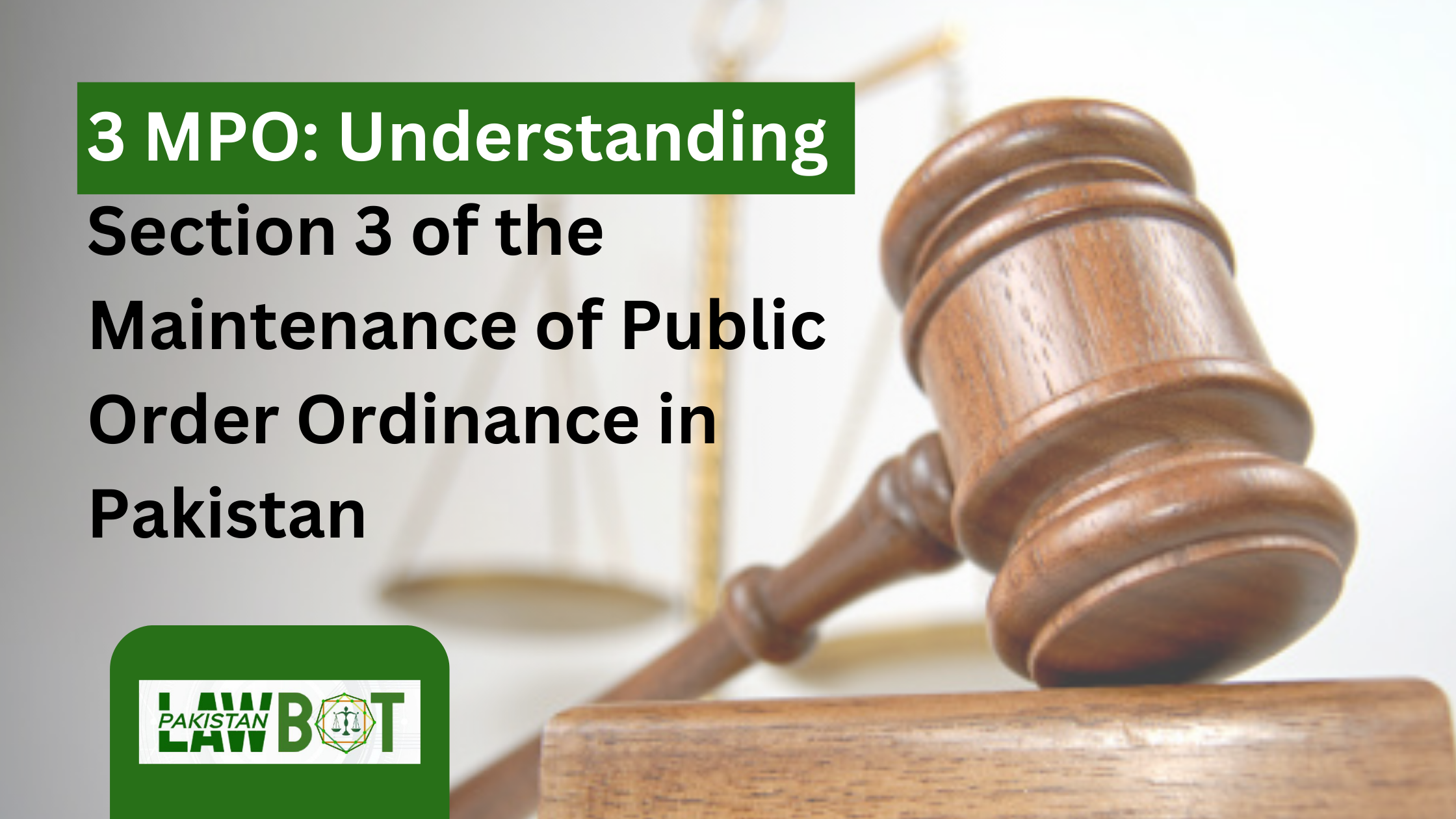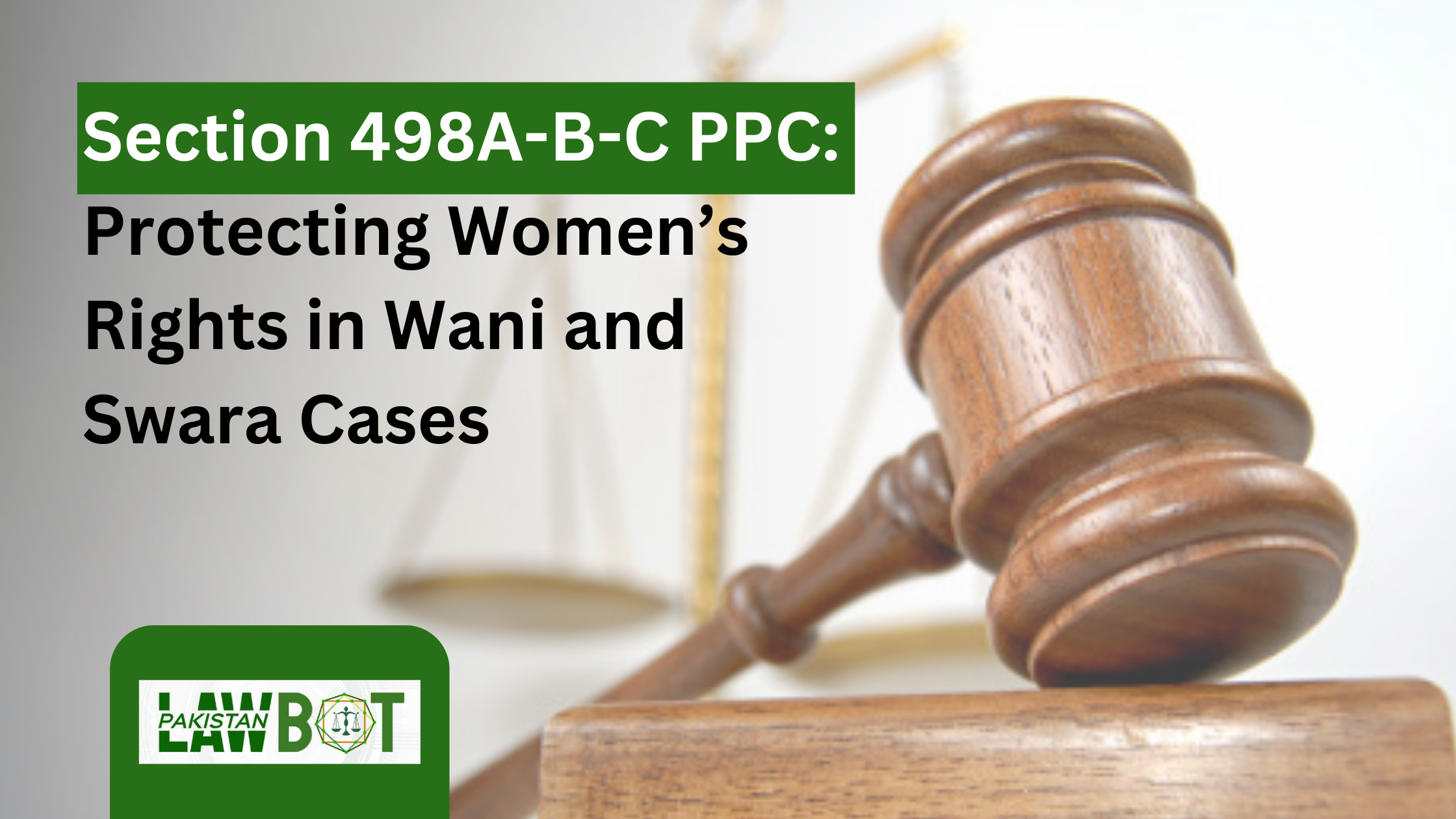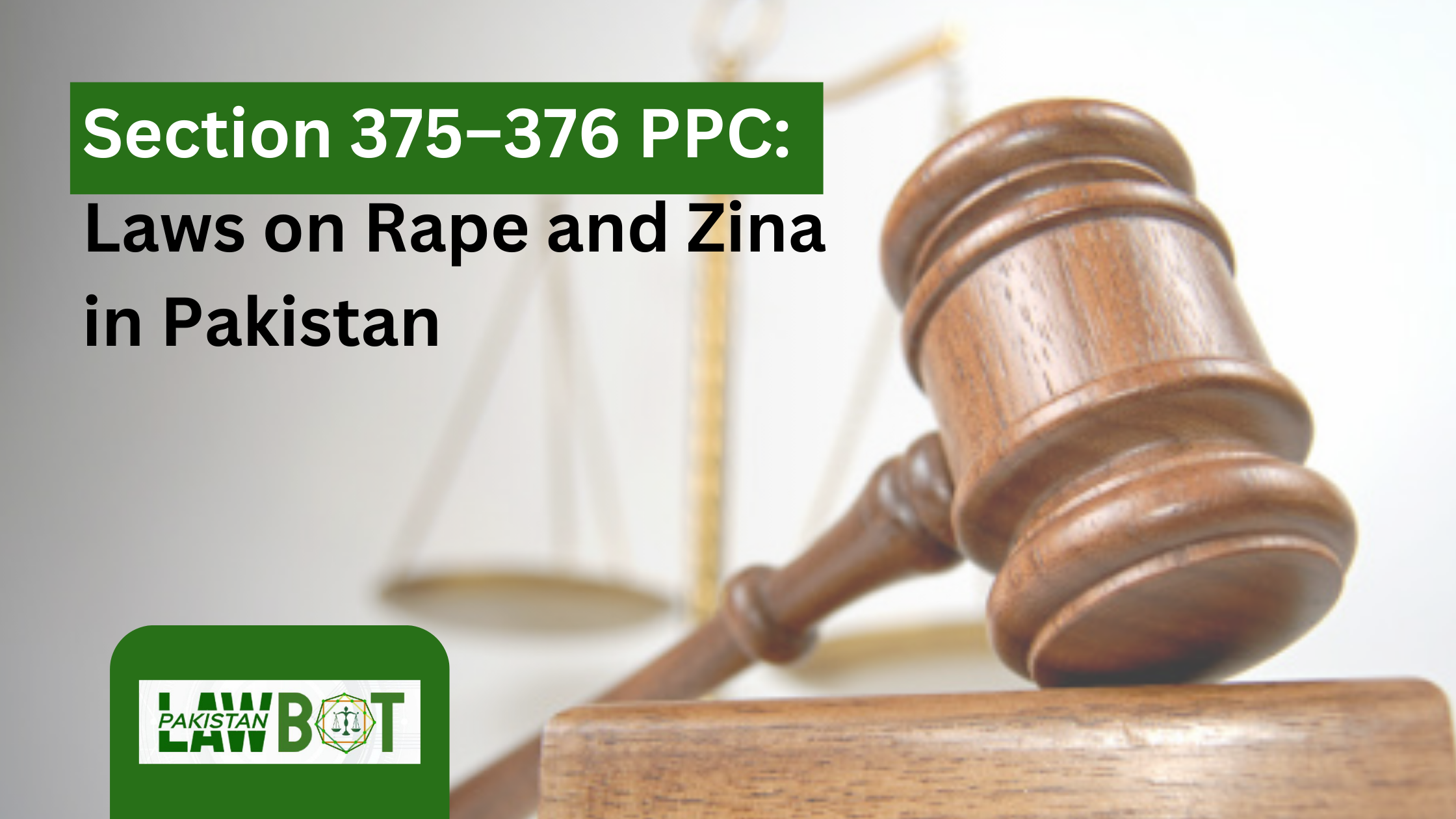Introduction
The Pakistan Penal Code (PPC) is the cornerstone of the country’s criminal justice system. Among its many provisions, Section 377 stands out for its controversial and often debated nature. This section addresses “unnatural offences,” which are criminalized under Pakistani law. To understand the impact of this law, one must look at its wording, interpretation, and the broader social, legal, and human rights implications.
This article explores the history, scope, and relevance of Section 377 PPC. It also highlights how courts apply the law, what punishments it carries, and why debates around reform continue both nationally and internationally.
What Does Section 377 of the Pakistan Penal Code Say?
Section 377 PPC states:
“Whoever voluntarily has carnal intercourse against the order of nature with any man, woman, or animal, shall be punished with imprisonment for life, or with imprisonment of either description for a term which shall not be less than two years nor more than ten years, and shall also be liable to fine.”
In simple terms, this provision criminalizes sexual acts that are deemed “against the order of nature.” The law does not clearly define this phrase, leaving its interpretation largely in the hands of courts and judges.
Historical Background of Section 377
The origins of Section 377 can be traced back to the Indian Penal Code of 1860, which was introduced during British colonial rule. At that time, Victorian moral codes strongly influenced legislation. The British authorities classified certain sexual acts, particularly homosexual relationships and bestiality, as unnatural and punishable.
After independence in 1947, Pakistan retained this provision in its own penal code. Over time, religious and cultural interpretations further strengthened its enforcement, linking it with moral and social values.
Scope of “Unnatural Offences” Under Section 377
The law covers a broad range of acts, but in practice, courts have primarily used Section 377 to prosecute the following:
1. Homosexual Acts
Consensual same-sex relationships fall under the definition of “unnatural offences” as per traditional interpretations. Even though global perspectives are shifting toward decriminalization, Pakistani law continues to treat such relationships as criminal.
2. Bestiality
Engaging in sexual intercourse with animals also falls under Section 377. This aspect is less controversial since most legal systems criminalize such behavior.
3. Sexual Abuse Cases
In many cases, prosecutors use Section 377 alongside other provisions, such as Section 375 (rape) or Section 376 (punishment for rape), especially when the crime involves non-consensual acts between men or between an adult and a child.
Punishments Under Section 377
The punishment for violating Section 377 PPC can be severe:
-
Imprisonment for life, or
-
Imprisonment ranging from 2 to 10 years, and
-
A fine
The severity of the punishment often depends on the circumstances of the case, such as whether the act involved consent, coercion, or minors.
Judicial Interpretations of Section 377
Pakistani courts have played a key role in shaping how Section 377 is applied. Since the law uses vague wording like “against the order of nature,” judges interpret its meaning.
Case Examples
-
In some cases, courts have treated consensual same-sex acts as punishable under Section 377.
-
In child sexual abuse cases, Section 377 has often been used as the primary charge, particularly when the victim is a boy.
This judicial approach shows how the same law can apply in very different contexts, from consensual adult relationships to heinous crimes like abuse.
Social and Religious Context
In Pakistan, cultural and religious values strongly influence perceptions of morality. Islam, which is the state religion, prohibits homosexual acts, and this religious standpoint has been a key reason for retaining Section 377.
Society often views this provision as a safeguard of moral values. However, critics argue that such a broad law allows for misuse, particularly against marginalized groups such as the LGBTQ+ community.
Criticism and Calls for Reform
Human rights organizations, both in Pakistan and abroad, have criticized Section 377 for several reasons:
1. Lack of Clarity
The term “against the order of nature” is vague, leading to inconsistent applications.
2. Violation of Privacy
Critics argue that the law interferes with the private lives of consenting adults, raising questions about individual freedom.
3. Misuse Against Vulnerable Groups
There have been cases where individuals were harassed, blackmailed, or discriminated against under the pretext of Section 377.
4. International Pressure
Globally, many countries have decriminalized same-sex relationships. International human rights bodies often urge Pakistan to reconsider Section 377 to align with global human rights standards.
Arguments in Favor of Section 377
While criticism is widespread, supporters of Section 377 present counterarguments:
-
It upholds Islamic values and societal morals.
-
It helps combat immoral activities seen as threats to the social fabric.
-
It provides a legal tool against acts like bestiality and child abuse.
These arguments show why Section 377 remains in force despite global trends toward reform.
Section 377 and Child Protection Laws
An important area where Section 377 has been applied is in protecting children from sexual abuse. Since Pakistani law did not originally have comprehensive provisions for child abuse, Section 377 often served as the main legal basis for prosecution.
However, with the introduction of specific child protection laws and amendments in the PPC, the reliance on Section 377 for such cases has reduced but not disappeared.
The Way Forward: Reform or Retention?
The debate on Section 377 in Pakistan is ongoing. Some legal experts propose amending the law to make it more precise—focusing on non-consensual acts and abuse while excluding consensual relationships between adults. Others, however, argue for retaining the law in its current form, citing religious and cultural values.
The future of Section 377 will likely depend on the balance between human rights advocacy, judicial interpretations, and societal norms.
Conclusion
Section 377 of the Pakistan Penal Code is one of the most debated provisions in the country’s legal framework. While originally introduced under colonial influence, it has continued to shape Pakistan’s approach to sexual morality and criminal justice.
On one hand, it provides a legal basis to punish serious crimes such as child abuse and bestiality. On the other hand, its broad and vague wording has raised concerns about misuse, discrimination, and violation of individual freedoms.
Understanding Section 377 requires examining not only the legal text but also the social, cultural, and religious values that underpin it. Whether it remains unchanged or undergoes reform, the law will continue to be a central point in Pakistan’s ongoing dialogue about morality, justice, and human rights.
Explore More






